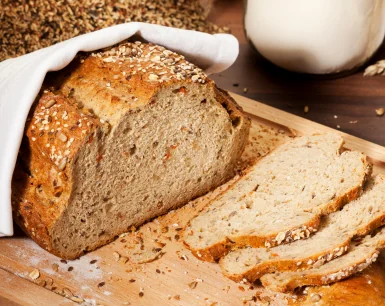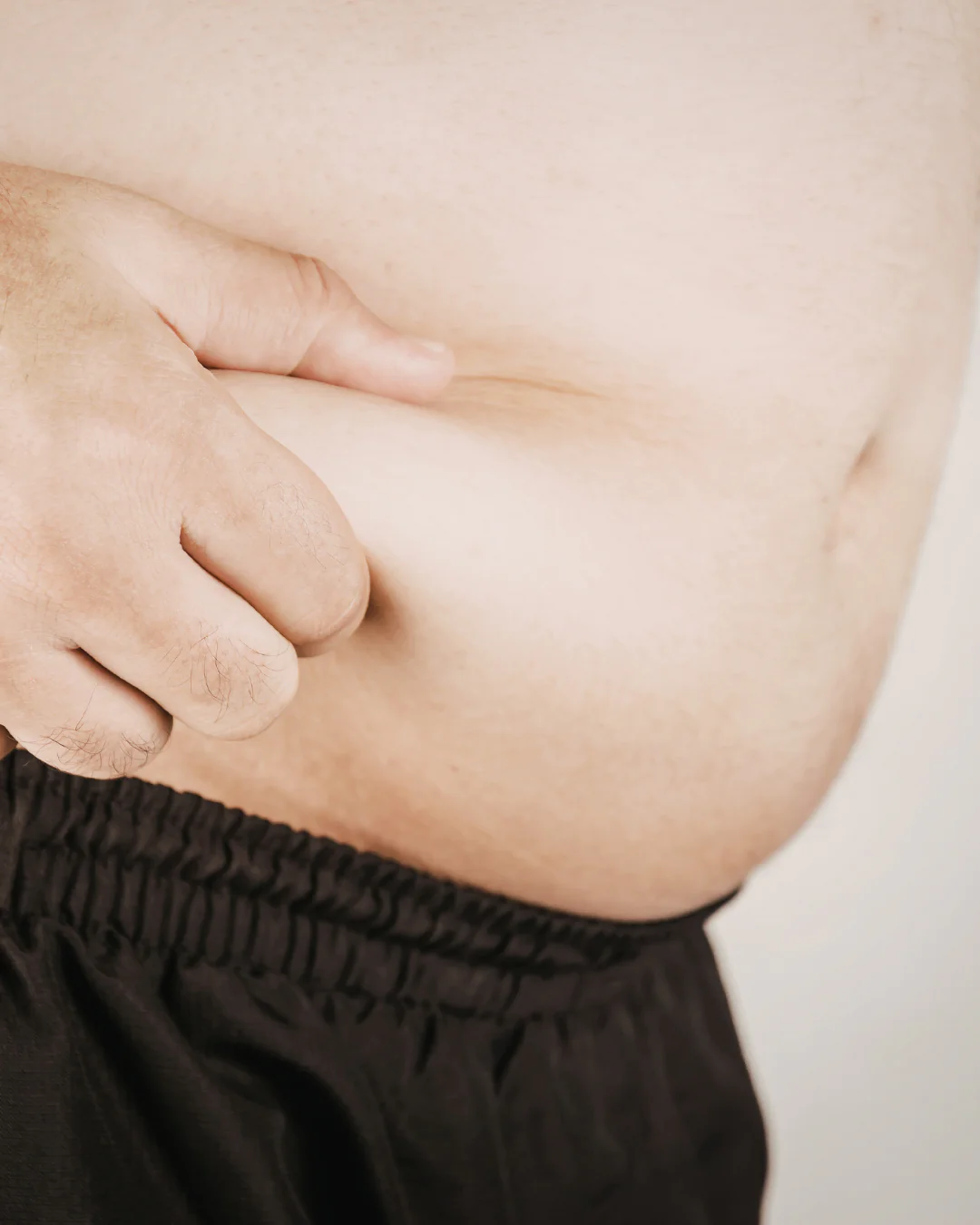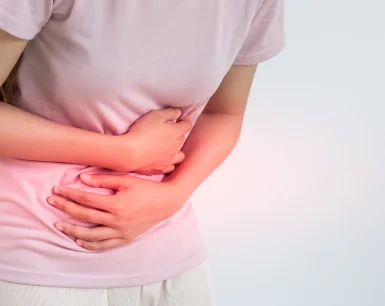Gastric bypass surgery is a transformative procedure that alters the digestive system to promote weight loss and improve overall health. However, the surgery also necessitates significant dietary adjustments to prevent complications and ensure successful long-term results. One of the most common concerns for patients is whether they can eat bread after gastric bypass surgery.
Bread is a staple in many diets, yet its texture and nutritional profile can make it challenging for post-surgery digestion. Understanding when and how to safely reintroduce bread—and which types to choose—is essential for maintaining health while enjoying a varied diet.
Why Is Bread a Concern After Gastric Bypass Surgery?
After gastric bypass surgery, your stomach size is much smaller, and the digestive system processes food differently. This means that certain foods, including bread, may cause discomfort or even complications.
Some of the main reasons bread can be problematic include:
Digestive Challenges – Bread tends to form a dense, sticky mass when chewed, which can cause blockages or discomfort in the small stomach pouch. Soft, doughy bread in particular is difficult to digest and may lead to stomach bloating or stomach pain.
Risk of Dumping Syndrome – Many types of bread, especially white bread, are high in refined carbohydrates. These can cause dumping syndrome, a condition in which food moves too quickly from the stomach into the intestines. Symptoms include nausea, dizziness, sweating, and diarrhoea.
Low Nutritional Value – Standard white bread offers little in terms of protein and fibre, two essential nutrients for post-bariatric patients. Choosing nutrient-dense alternatives is important for meeting dietary needs.
Given these potential issues, patients must be cautious about when and how they consume bread after gastric bypass surgery.
When Can Bread Be Reintroduced after your weight loss surgery?
The timeline for reintroducing bread varies from patient to patient based on individual tolerance and healing progress. In general:
First 6-8 Weeks Post-Surgery: This is the most restrictive phase, during which patients are allowed to consume only liquids and soft foods. Bread is usually not recommended during this time.
3-6 Months Post-Surgery: Some patients may begin tolerating small portions of toasted or wholegrain bread, but this should be done gradually and under the guidance of a dietitian.
Beyond 6 Months: If the patient does not experience any discomfort, small servings of high-fibre or protein-enriched bread can be incorporated into meals. However, portion control remains important.
Even after this period, patients should reintroduce bread carefully to avoid any digestive distress.
Choosing the Right Bread
Not all bread is the same, and for post-bypass patients, choosing the right bread can make a big difference in digestion and overall comfort. Wholegrain or wholemeal bread is a great option because it’s high in fiber, which helps with your digestion and keeps you feeling full for longer. Seeded or protein-enriched bread is another good choice, providing extra nutrients to help meet your daily protein needs.
Sourdough bread can also be a gentler alternative, thanks to its natural fermentation process, which makes it easier to digest. And if you are worried about texture, toasted bread is a better option than soft bread. It is less likely to become sticky in your stomach, reducing discomfort.
It is good to avoid white bread. It doesn’t offer much nutritional value and can be harder to digest, which isn’t ideal when your stomach is adjusting after gastric bypass surgery. By making small but smart choices, you can enjoy bread in a way that supports your health and recovery.
Read Bread Labels Carefully
It is also a great habit to read bread labels carefully before making a choice. Try to avoid breads that are high in sugar, as they provide little benefit and can lead to unnecessary calorie intake. Instead, look for options that are rich in protein, as this will help support muscle growth and recovery. Additionally, choosing a bread that is high in fibre can be beneficial for gut health, promoting better digestion and overall well-being. Making informed decisions can go a long way in ensuring your diet supports your post-bypass journey.
How to Eat Bread Safely
When reintroducing bread after gastric bypass surgery, taking the right approach is crucial to prevent discomfort. Here are some best practices:
Start with Small Portions – Begin with a tiny piece to assess how your body reacts.
Chew Thoroughly – Proper chewing reduces the risk of blockages and aids digestion.
Pair with Protein – Eating bread with eggs, cheese, or lean meats helps balance blood sugar levels and improves satiety.
Avoid Drinking Fluids While Eating – Liquids can cause bread to expand in the stomach, leading to discomfort.
Pay Attention to Symptoms – If bread causes bloating, pain, or other digestive issues, consider reducing or eliminating it from your diet.
For those who struggle with bread, healthier alternatives such as oatcakes, wholegrain crackers, or lettuce wraps can be used to replace traditional bread while still allowing variety in meals.
What the study says
Many studies highlight the importance of a high-protein, low-refined carbohydrate diet after bariatric surgery in the UK. Research published in the Obesity Surgery Journal suggests that patients who adhere to these dietary principles experience better weight loss outcomes and fewer complications. Similarly, the British Obesity and Metabolic Surgery Society (BOMSS) advises limiting refined carbohydrates like white bread while prioritising nutrient-dense foods.
Additionally, a study by King’s College London found that post-bariatric patients who consume adequate fibre and protein are more likely to maintain long-term weight loss and avoid nutritional deficiencies. These findings reinforce the importance of choosing the right type of bread and consuming it in moderation.
Common Questions About Eating Bread After Gastric Bypass
Can I Eat White Bread in Small Quantities?
Even in small amounts, white bread may cause discomfort due to its lack of fibre and tendency to become sticky. Wholegrain or sourdough alternatives are generally better choices.
Why Do I Feel Bloated After Eating Bread?
Bloating is common if bread is eaten too soon after surgery, not chewed properly, or consumed in large quantities. Choosing toasted bread and eating slowly can help reduce this issue.
Is Gluten-Free Bread a Better Option?
Gluten-free bread can sometimes be more processed and lower in fibre. Unless you have a gluten intolerance, wholegrain or sourdough bread is usually a better option.
Bread can be safely reintroduced after gastric bypass surgery, but careful selection and portion control are crucial. Wholegrain, high-protein, and toasted bread options are generally better tolerated, whereas white, processed bread should be avoided. Since every patient’s tolerance varies, listening to your body’s signals and consulting a healthcare provider or bariatric dietician is essential.
By making informed dietary choices, patients can enjoy a diverse diet while maintaining their health and weight loss goals. If bread causes persistent discomfort, alternatives like oatcakes or wholegrain crackers may be more suitable. Ultimately, a balanced, nutrient-rich diet remains the key to long-term post-surgery success.
Explore our other weight loss treatments to support your journey toward a healthier lifestyle.
Ready to take control of your health? Book a FREE consultation by calling us at 01244 738 159.
References:
https://bomss.org/bomss-post-bariatric-surgery-nutritional-guidance-for-gps/




